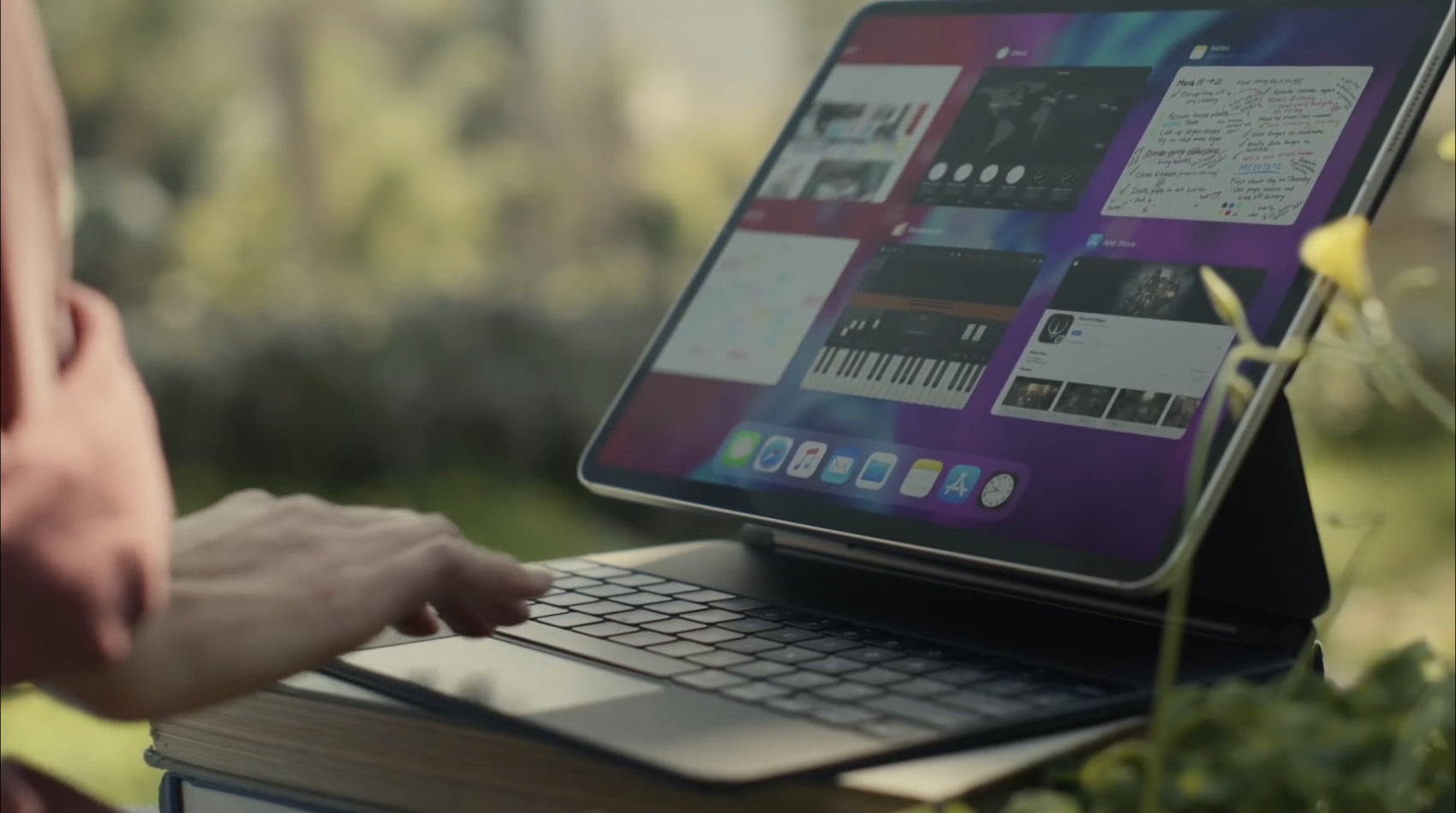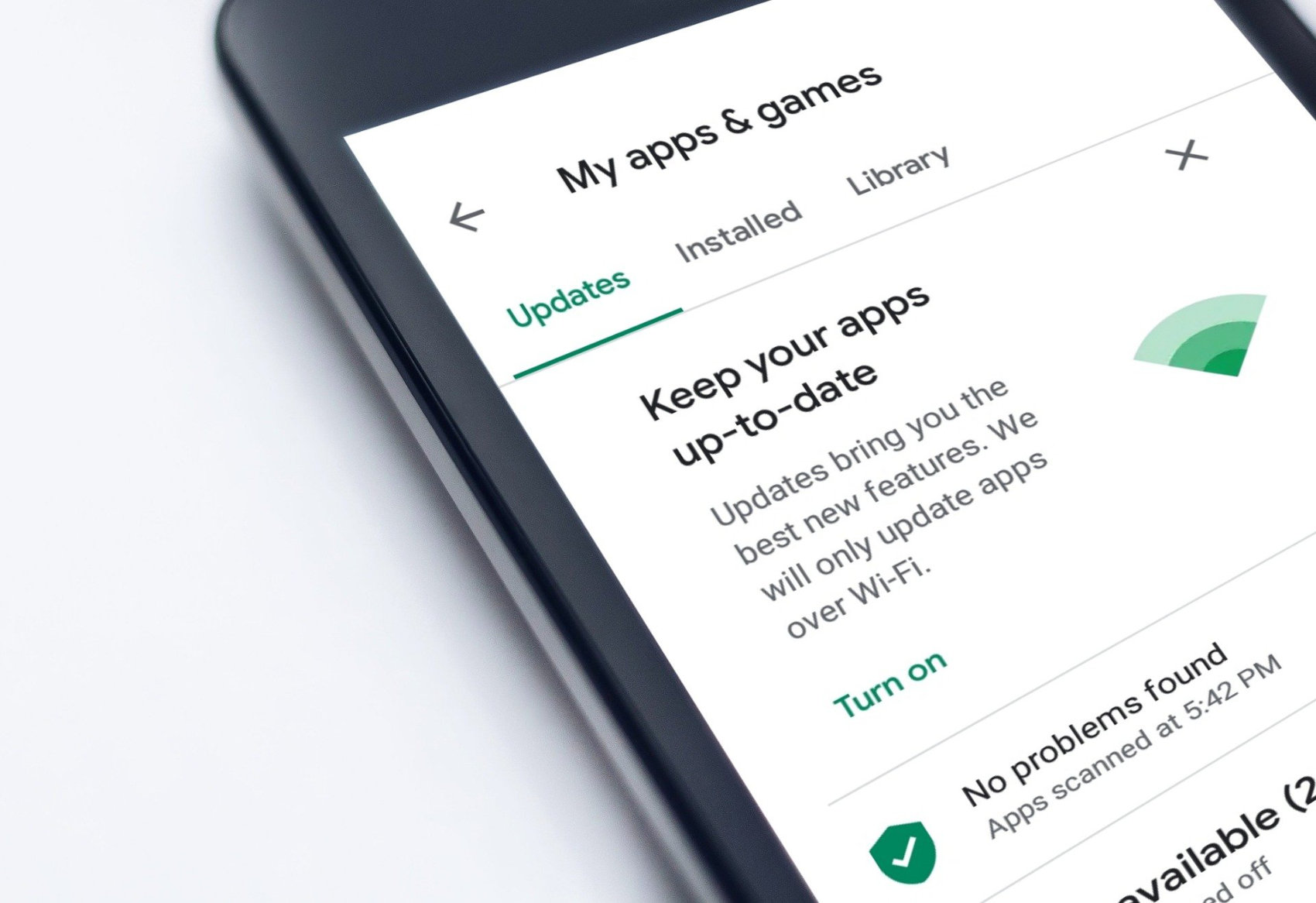Google has brought a major new feature to the latest Android update, enabling iOS to Android WhatsApp migration.
WhatsApp is one of the most popular secure messaging platforms. The app is available on both iOS and Android, but users looking to switch platforms haven’t always had an easy go of it.
Google is trying to solve that pain point with its recent Android 12 update.
“Switching to a new phone can be a daunting experience, especially if you are moving to a completely different operating system,” writes Paul Dunlop, Product Manager. “We want to make this process easier, so with the recent Android 12 release, we added the ability to transfer all your essentials by connecting your iPhone with your new Android phone using a cable. With your permission, Android automatically matches and installs the same apps from Google Play, and lets you easily bring your SMS and iMessage history with you, along with photos, videos, contacts, calendars and more.”
The process is relatively simple, and works by connecting the two phones to each other.
“All you need is a USB-C to Lightning cable to get started,” continues Dunlop. “Simply connect your phones, and when prompted while setting up your new Android device, scan a QR code on your iPhone to launch WhatsApp and move all your conversations, media and more over to your new device.”
The new feature is good news for Android users, and iOS users looking to switch.








